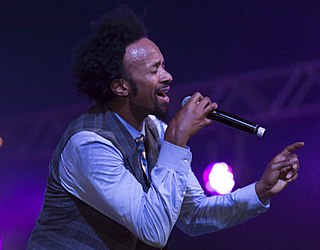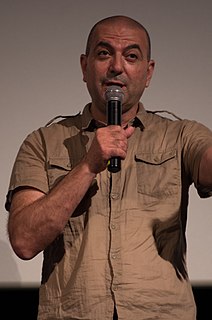A Quote by Roger Ross Williams
I'm not an activist at all. I'm a filmmaker, and I wanted the people involved to tell their own story.
Related Quotes
I'm not an activist. I'm a filmmaker. I'm a dramatist. My strength is to tell a story, to find a way to tell a story that makes it exciting. Our Untold History was a huge challenge. Snowden was no piece of cake, because writing code and breaking code is some of the most boring stuff you've ever seen.
When I make film music, I'm a filmmaker first and foremost. It's about serving the needs of the film. You're telling a story; in a way, you stop becoming a composer and become a storyteller instead. You tell the story with the most appropriate themes. How you approach these things is a very personal matter, but your goal is to tell the story first.
If you gauge how you're doing on whether somebody is responding vocally or not, you're up a creek. You can't do that; you kind of have to be inside of your work and play the scene. And tell the story every day. Tell the story. Tell the story. Regardless of how people are responding, I'm going to tell the story.




































